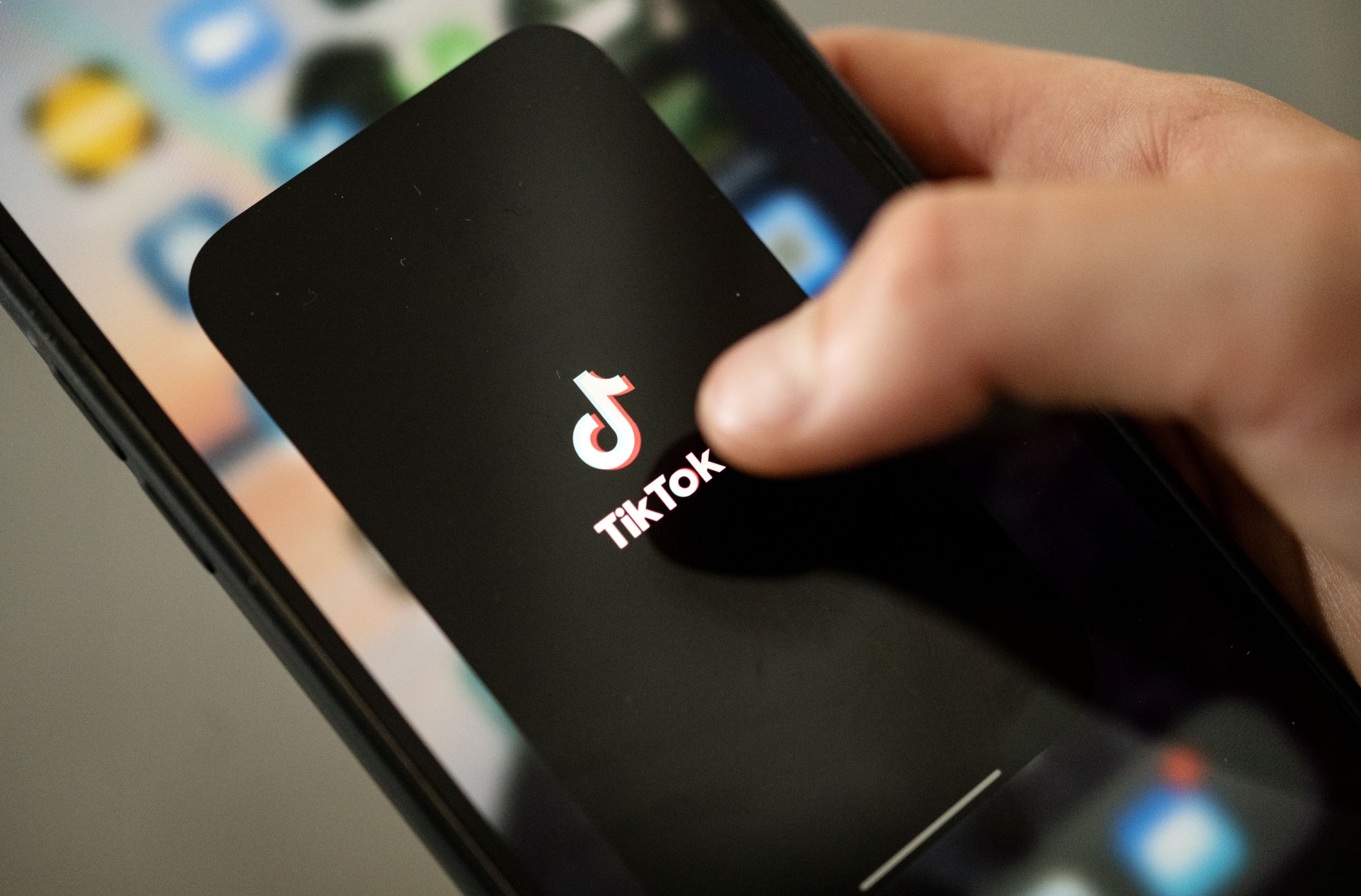
TikTok, the social media app owned by ByteDance Ltd., is banning fundraising and all other moneymaking opportunities for politicians and government accounts on the platform.
The short-video network already prohibits political ads, including any paid-for posts by influencers. The new policies will additionally bar requests for donations, e-commerce capabilities and accepting gifts from users. Political accounts will automatically be ineligible for making money through TikTok’s Creator Fund, according to a statement from the company’s president of global business solutions, Blake Chandlee.
The move is in anticipation of the US midterm elections, which will provide a fresh test for social media companies and their ability to maintain a neutral stance as debates—and potentially coordinated influence campaigns—rage on their services. TikTok is starting a trial of mandatory verification for accounts belonging to governments, politicians and parties that will last until the midterms, the company said.
“By prohibiting campaign fundraising and limiting access to our monetization features and verifying accounts, we’re aiming to strike a balance between enabling people to discuss the issues that are relevant to their lives while also protecting the creative, entertaining platform that our community wants,” Chandlee said in the statement.
TikTok, which has sought to distance itself from its parent company, is back in the regulatory spotlight in the US, now facing questions from senators about access to its user data by China-based staff. Concern about China’s influence on TikTok’s Beijing-based owner also extends to potential propaganda campaigns. A government entity responsible for public relations attempted to open a stealth account on TikTok targeting Western audiences in 2020, which the company pushed back against.
More Must-Reads from TIME
- Donald Trump Is TIME's 2024 Person of the Year
- Why We Chose Trump as Person of the Year
- Is Intermittent Fasting Good or Bad for You?
- The 100 Must-Read Books of 2024
- The 20 Best Christmas TV Episodes
- Column: If Optimism Feels Ridiculous Now, Try Hope
- The Future of Climate Action Is Trade Policy
- Merle Bombardieri Is Helping People Make the Baby Decision
Contact us at letters@time.com